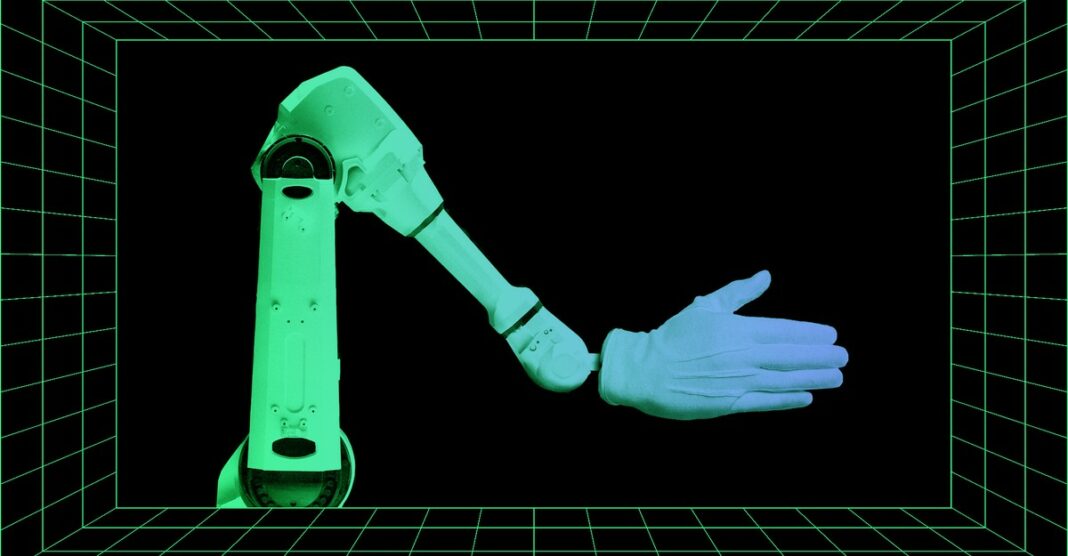Can a Bot Be Too Good at Its Job?
Introduction
In recent years, the use of bots in various industries has grown exponentially. From customer service to financial trading, bots are being used to automate tasks and provide efficiency. However, as bots become more sophisticated and skilled at their jobs, the question arises: can a bot be too good at its job?
Pros of Highly Skilled Bots
Highly skilled bots can provide numerous benefits to businesses and organizations. They can perform tasks at a faster rate than humans, leading to increased productivity and cost savings. Bots can also work around the clock, without the need for breaks or time off, ensuring continuous operation and efficiency.
Cons of Highly Skilled Bots
On the flip side, highly skilled bots can pose potential risks and challenges. One concern is the potential for bots to outperform humans to such an extent that human workers become obsolete. This can lead to job losses and changes in the workforce landscape. Additionally, if a bot makes a mistake or glitch in its operations, the consequences can be severe due to its high level of autonomy and decision-making capabilities.
Balancing Act
It is crucial for organizations to strike a balance when utilizing highly skilled bots. While bots can bring efficiency and productivity gains, it is essential to consider the ethical implications and potential impacts on human workers. Organizations should also ensure that there are safeguards in place to monitor and control bot operations effectively.
Conclusion
Ultimately, the question of whether a bot can be too good at its job depends on how it is implemented and managed within an organization. While highly skilled bots can offer numerous benefits, careful consideration must be given to the potential risks and challenges they may bring. By striking a balance between automation and human oversight, organizations can harness the power of bots while mitigating any negative impacts.
FAQs
1. Can highly skilled bots replace human workers entirely?
While highly skilled bots can perform tasks at a faster rate than humans, it is unlikely that they will completely replace human workers. Human workers bring unique qualities such as creativity, empathy, and critical thinking that bots cannot replicate.
2. How can organizations ensure the ethical use of highly skilled bots?
Organizations can ensure the ethical use of bots by implementing strict guidelines and monitoring systems. It is essential to have human oversight and control mechanisms in place to prevent any unintended consequences of bot operations.
3. What are some potential risks of highly skilled bots?
Some potential risks of highly skilled bots include job displacement, errors and glitches in operations, and ethical concerns surrounding the use of autonomous machines. Organizations must address these risks proactively to mitigate any negative impacts.




